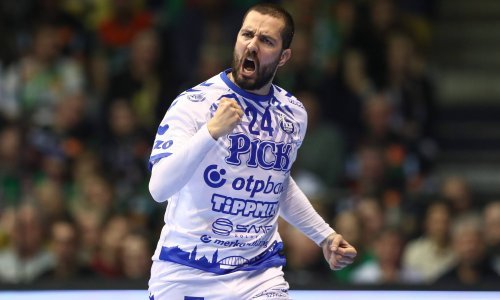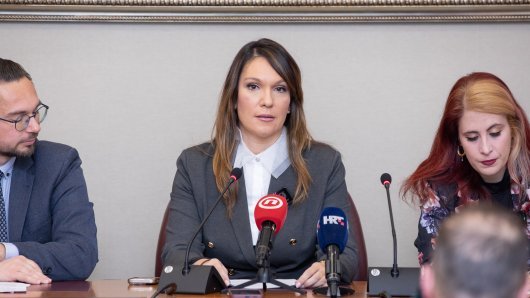Croatia is marking the 20th anniversary of its independence on Saturday, celebrating the day when its parliament passed the constitutional decision on Croatia's sovereignty and independence.
On 25 June 1991, the Croatian parliament started the separation from other Yugoslav republics and that historic date is celebrated as Statehood Day, a national holiday. Parliament made a decision to that effect based on the will of the Croatian people as expressed at a 19 May 1991 referendum.
"With undisguised satisfaction and pride, we are informing all republics and federal bodies of the Socialist Federal Republic of Yugoslavia and the whole world about the sovereign will of the Croatian people and all citizens of the Republic to declare the Republic of Croatia an independent and sovereign state as of today, and we are inviting all governments and the parliaments of all states to accept and recognise the free decision of the Croatian people, an act of freedom whereby one more nation wants to become a full member of the international community of the free world," then President Franjo Tudjman told parliament on the occasion of the adoption of the constitutional decision on Croatia's independence.
That same day Slovenia, too, declared its sovereignty and independence from the former Yugoslavia.
With mediation from the international community, in order to facilitate negotiations on the separation from the former Yugoslavia, the Brijuni Declaration was adopted, establishing that the enforcement of the 25 June 1991 constitutional decision should be postponed for three months.
When the moratorium expired on 8 October 1991, Croatia severed all ties with the other Yugoslav republics, becoming a free and independent state. That day is observed as Independence Day.
The first years of independence saw many human victims and destruction during the military aggression on Croatia in which the Yugoslav People's Army, Serbia, Montenegro and Croatian Serb extremists took part, occupying about 26 per cent of Croatian territory.
The Croatian people defended the country, and the bulk of the occupied territory in western Slavonia, Banovina, Kordun, Lika and northern Dalmatia was liberated in the military operations Flash and Storm in 1995. The remaining occupied territory in eastern Slavonia, Baranja and western Srijem was peacefully reintegrated into Croatia's system with the help of UN's transitional administration on 15 January 1998.
This was followed by the country's reconstruction and Euro-Atlantic integration. Croatia joined NATO on 1 April 2009. Accession negotiations with the European Union were launched on 4 October 2005. On 10 June 2011, the European Commission officially recommended to EU member states to conclude the accession negotiations. Croatia is expected to join the Union on 1 July 2013.

































